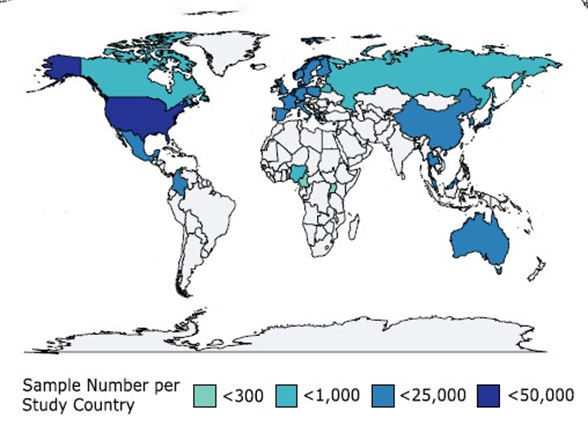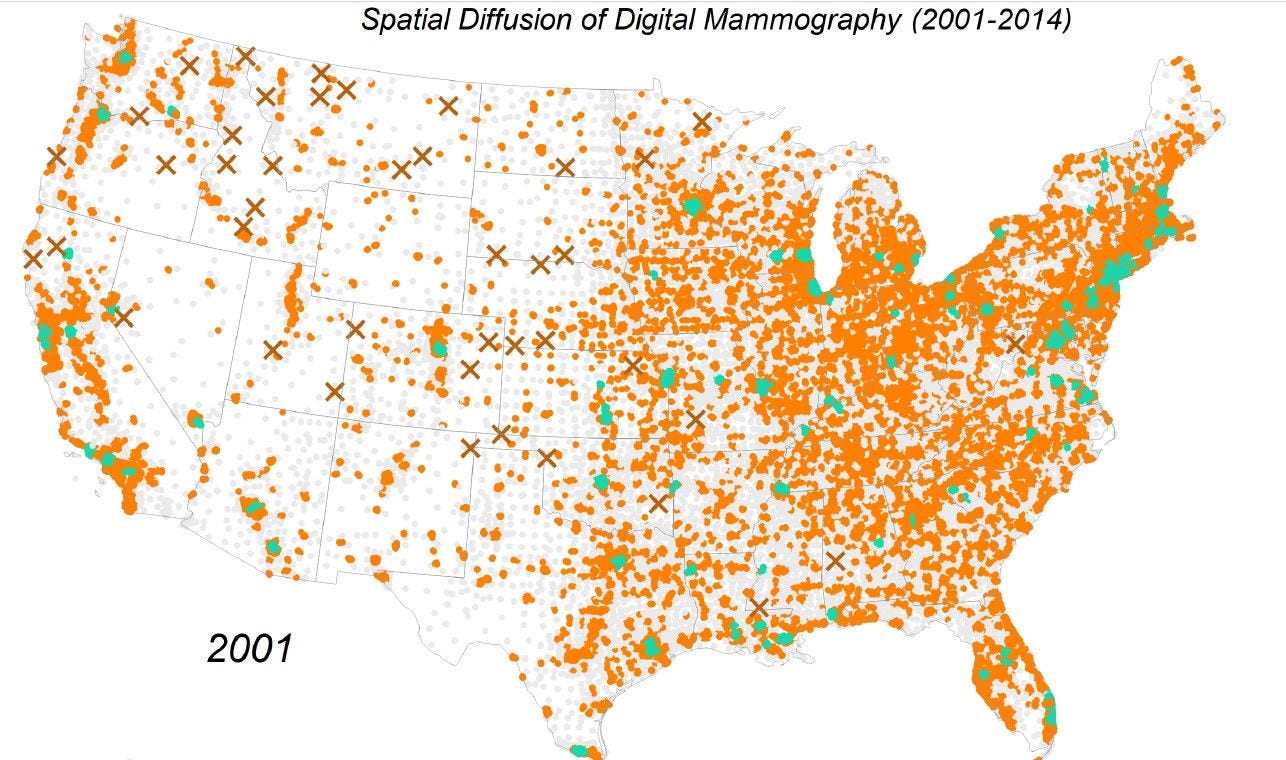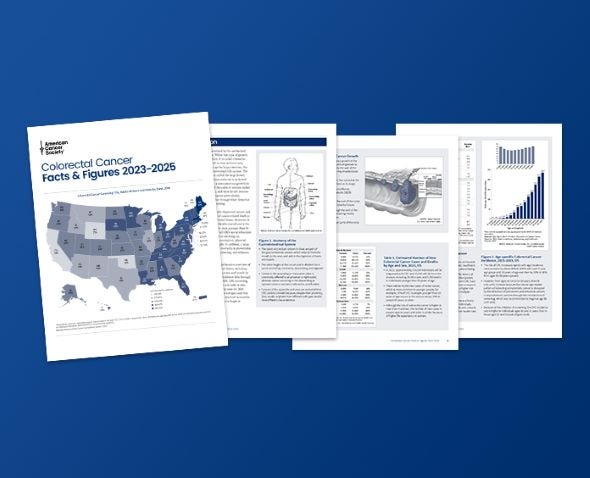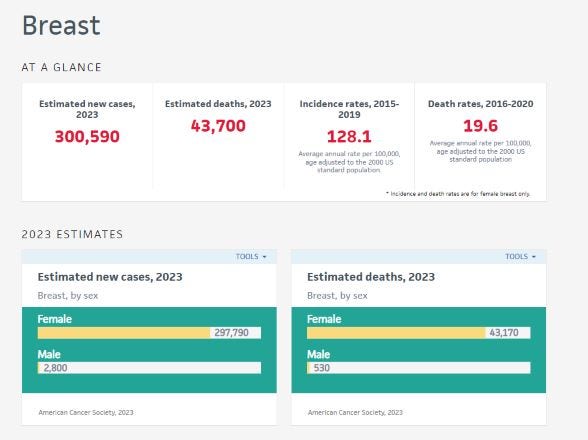Support people with cancer. Donate Now
Breast Cancer Research Highlights
The American Cancer Society (ACS) helps people with breast cancer in every community. Our research programs have played a role in many of the prevention, screening, and treatment advances that save lives from breast cancer today. And, we continue to fund research to help save even more lives in the future.
Current Status - In Brief
Breast Cancer Continues to Increase
Since the mid 2000s, slight increases in breast cancer incidence rates may be partly due to more women having obesity, fewer children, or their first baby after 30.
Risk & Prevention Studies
Breast Cancer Genetic Studies
The ACS Cancer Prevention Studies have played a role in identifying or validating every known common genetic variant for breast, prostate, and pancreatic cancers. We've collaborated with scientists across the United States to analyze large compilations of data. We're helping make discoveries about the genetics of cancer that have the potential to improve screening guidelines, lead to new targeted therapies, and inform follow-up care after cancer treatment."

Glossary for Nonscientists
Featured Term:
Cancer Predisposition Genes
Genes that are vulnerable to cancer-causing changes (mutations), which are sometimes inherited from a parent. Several dozen cancer-predisposition genes have been identified, and about 5% to 10% of all cancers result directly from those inherited.
For example, BRCA1 and BRCA2 are inherited cancer predisposition genes, and mutations on them increase the risk of developing certain cancers, including breast, ovarian, and prostate.

This graphic shows the 33 countries with studies that recruited participants for this study. Of the 142,670 genetic samples, 83.4% were of European Ancestry, 10.7% were Asian, 4.1% were African, and 1.8% were of Latin American and Hispanic ancestry.
Screening & Early Detection Studies
NEW
Access to Digital Mammography in the US:
A Study in Pictures
Read on to learn more about the findings of this study.
Treatment & Reducing Metastasis Studies
Survivorship Studies
Striking Breast Cancer Statistics About . . .
The Value of Mammograms
Racial Disparities
See Full Reports on Breast Cancer Statistics & Facts
ACS Breast Cancer Research News
We Fund Cancer Researchers Across the US
The ACS funds scientists who conduct research about breast cancer at medical schools, universities, research institutes, and hospitals throughout the United States. We use a rigorous and independent peer review process to select the most innovative research projects proposals to fund.
The grant statistics to the left are as of August 1, 2023.






